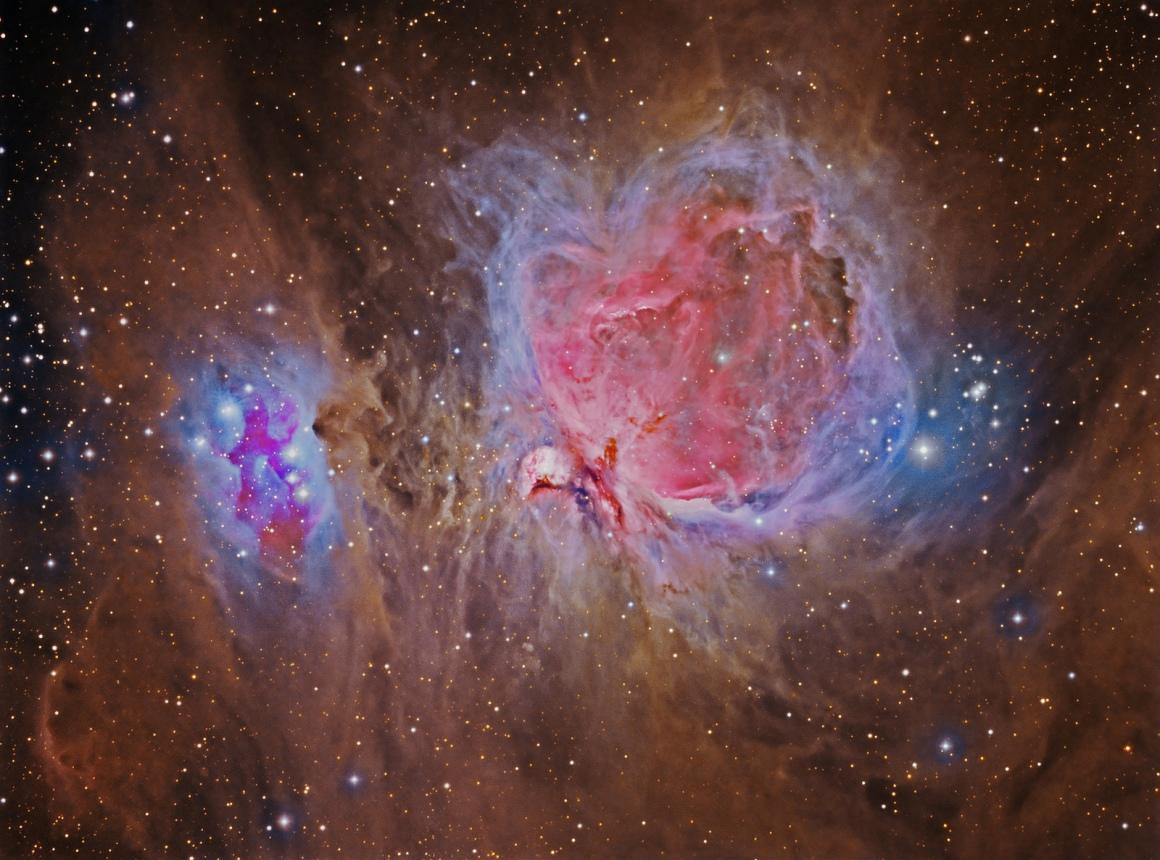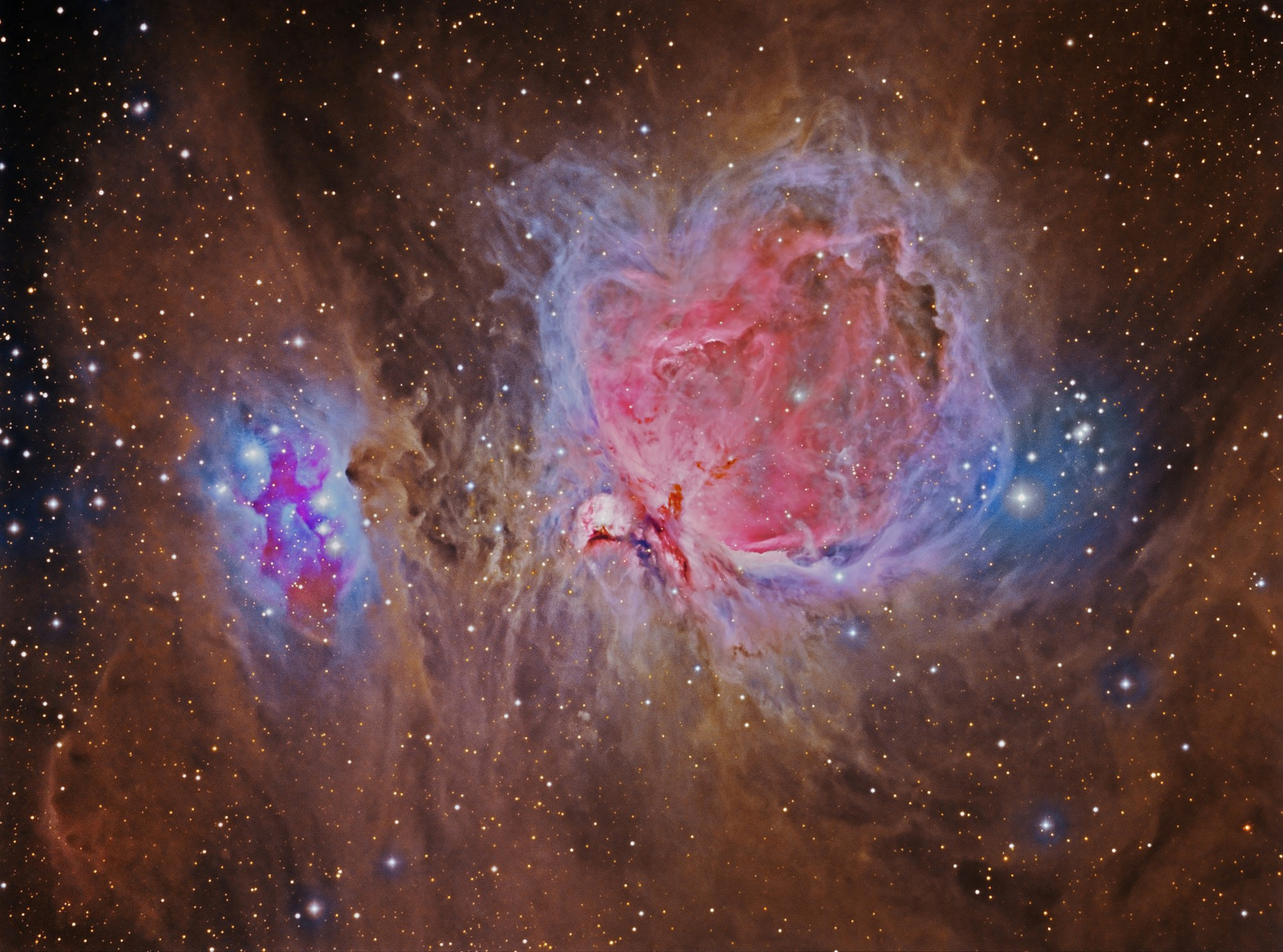
Let The Absolute Bury The Absolute: William James on Monistic Idealism
“The sum of it all is that the absolute is not forced on our belief by logic, that it involves features of irrationality peculiar to itself, and that a thinker to whom it does not come as an ‘immediate certainty’…is in no way bound to treat it as anything but an emotionally rather sublime hypothesis. As such, it might, with all its defects, be, on account of its peace-conferring power and its formal grandeur, more rational than anything else in the field. But meanwhile the strung-along unfinished world in time is its rival: reality MAY exist in distributive form, in the shape not of an all but of a set of eaches, just as it seems to—this is the anti-absolutist hypothesis. Prima facie there is this in favor of the eaches, that they are at any rate real enough to have made themselves at least appear to every one, whereas the absolute has as yet appeared immediately to only a few mystics, and indeed to them very ambiguously. The advocates of the absolute assure us that any distributive form of being is infected and undermined by self-contradiction. If we are unable to assimilate their arguments, and we have been unable, the only course we can take, it seems to me, is to let the absolute bury the absolute, and to seek reality in more promising directions, even among the details of the finite and the immediately given.” –William James, A Pluralistic Universe, lecture III
In the above passage William James is basically summing up his argument for pluralism over monistic idealism, and I find it pretty convincing. To put it very simply, I think James’ pluralism is the most logical, common sense position to take since pluralism doesn’t deny the possibility of unity, but simply denies that things are necessarily unified.
I’ve been thinking about this more recently since I just began reading Deepak Chopra’s new book in my book group. I’ve never read him before but I did know coming in (from watching interviews and such) that Chopra was heavily influenced by various Eastern non-dual esoteric traditions; which is cool, I generally like esotericism. But wow, I didn’t realize just how much of a straight up open anti-real, monistic, subjective idealist he is. We were not even through the intro and I started to get the same “hold on a second” feelings I get when I read elminativist, physicalist, monistic, scientific materialist accounts. Both monistic materialism and monistic idealism are reductionistic in the sense that they each, in the end, want to collapse and negate very particular modes of existence. Both monistic materialism and monistic idealism owe their mistakes to dualism, I think, and they both end up denying us intuition and common sense. Monistic materialism denies us our basic instinct that life is purposive, and ends up claiming that our inner worlds are merely just secondary illusions that must be overcome to get to “objective truth.” Monistic idealism, on the other hand, denies that physical reality (again, something that is obvious to our experience) is fundamental and collapses it into the subjective; in the most extreme cases truth is hidden and only accessible by a special few (e.g. folks who are awesome at meditation, like Deepak).
Anyway, I think Deepak Chopra’s engagement with physical science can be a good thing in that it may help to balance out that monistic materialism a bit (I do know he drives scientific materialists crazy, and I think that’s great!); I’ll definitely give him a fair reading. That doesn’t mean that my panexperientialst, pluralist, organic realist sensibilities won’t be tingling like crazy, though…

0 Comments